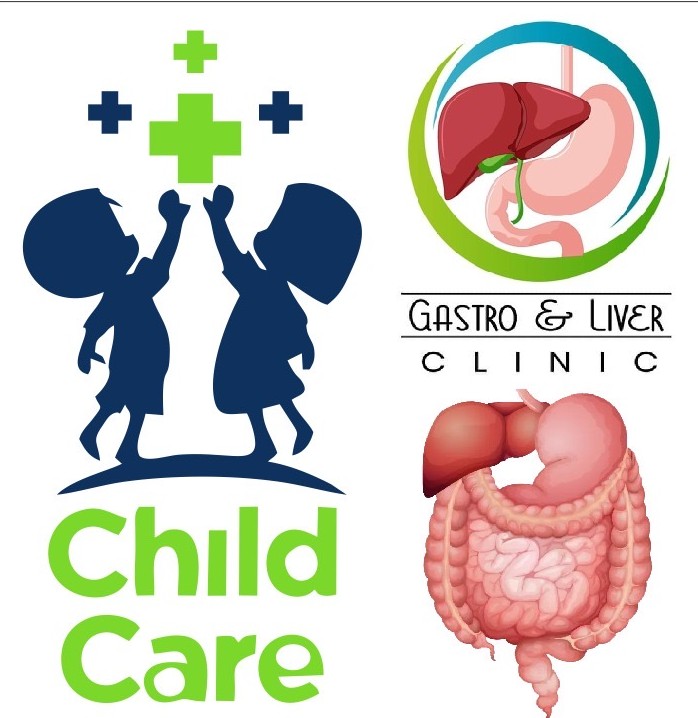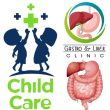Dysentery symptoms are unpleasant and can be concerning for those affected. They vary in intensity but recognizing them promptly can prevent complications. Dysentery might occur unexpectedly, affecting any age group from young children to the elderly. Knowing dysentery symptoms is vital for early detection and effective treatment in diverse age ranges. This comprehensive guide aims to simplify understanding dysentery, facilitating prompt identification and management of its symptoms.
What is Dysentery?
Dysentery is a type of intestinal infection that primarily causes severe diarrhea and abdominal pain. Unlike ordinary diarrhea, dysentery often accompanies blood in the stool, making it more severe. This infection occurs due to bacterial or parasitic invasion, primarily targeting the intestines, leading to inflammation and discomfort.
The condition is more prevalent in developing countries due to poor sanitary conditions. However, anyone can contract it through contact with contaminated food or water sources.
Dysentery commonly affects children, but adults can also fall victim to it, especially during travel to regions with inadequate sanitation. Understanding how dysentery symptoms differ from regular diarrhea is critical for timely treatment.
Recognizing Dysentery Symptoms: A Detailed Overview
Recognizing dysentery symptoms is pivotal to managing the infection effectively across different age groups. Key symptoms to watch for include:
- Severe diarrhea: Often with blood and mucus.
- Abdominal pain: Persistent and cramping in nature.
- Fever and chills: Indicating an underlying infection.
- Nausea and vomiting: Common accompanying factors.
Children often exhibit severe symptoms more readily than adults due to their developing immune systems. In adults, dysentery symptoms might be less severe initially, but keeping an eye on changes remains crucial.
Understanding dysentery symptoms enables early detection, crucial for preventing complications like dehydration. Prompt medical attention can make a world of a difference, especially in preventing the spread of the infection.
Causes of Dysentery and Diarrhea: Getting to the Root
To manage dysentery effectively, understanding the causes of dysentery and diarrhea is essential. These include:
- Bacterial infections: Shigella and E. coli are common culprits.
- Parasitic infections: Such as Entamoeba histolytica, often seen in developing regions.
- Environmental factors: Poor sanitation and hygiene practices.
These causes of dysentery and diarrhea vary based on age, geography, and prevailing conditions. While children might contract the infection due to close contact in school or daycare, adults may encounter it while traveling.
Both bacterial and parasitic infections are easily spread through contaminated food or water, underscoring the importance of safe practices to impede their spread.
Identifying Dysentery Symptoms in Children and Infants
Children are more vulnerable due to lesser developed immune systems and exposure in group settings. Recognize dysentery symptoms in children by watching for:
- Frequent, bloody diarrhea: Often the most striking symptom.
- Severe stomach cramps: Causing irritability.
- Fever and fatigue: Notable behavioral changes.
Children might not communicate their discomfort well, so parental vigilance is key. Sudden high fever, weight loss, or persistent diarrhea require immediate medical assessment due to increased dehydration risk.
How Dysentery Symptoms Present in Adults and Seniors
Adults, including seniors, face unique challenges with dysentery symptoms. Symptoms include:
- Diarrhea with blood and mucus: Can persist longer in adults if untreated.
- Severe abdominal pain: Often more debilitating in seniors.
- General malaise and weakness: Leading to potential complications.
Persistent dysentery symptoms can weaken adults and seniors, impacting their daily lives and necessitating timely intervention. Long-term effects, like weight loss and malnutrition, occur if treatment is delayed, emphasizing the importance of early management.
Maintaining Proper Hydration and Nutrition During Recovery
During recovery from dysentery, rehydration is crucial. Here’s how to ensure proper care:
- Rehydration therapy: Encourage intake of oral rehydration solutions (ORS) to combat fluid loss.
- Balanced diet: Include bland foods like rice, bananas, and toast to ease digestion.
- Hydration: Continue to drink plenty of water throughout recovery.
Monitoring recovery to prevent relapse and adapting dietary intake to support healing speed up the return to health.
Preventive Measures and Conclusion
Prevention of dysentery is simpler than treating it. Here are crucial steps:
- Practice good hygiene: Regular hand washing is critical.
- Consume safe water: Ensure water is purified or boiled.
- Proper food handling: Keep food preparation areas clean.
Preventive measures against causes of dysentery and diarrhea, such as maintaining proper hygiene and ensuring water safety, can dramatically reduce dysentery cases.
In conclusion, understanding dysentery symptoms and their indicators across all age groups fosters better health outcomes. Remaining vigilant about hygiene and promptly addressing symptoms could avert severe health impacts. For persistent symptoms, professional medical advice is essential, ensuring swift recovery and preventing further complications.


